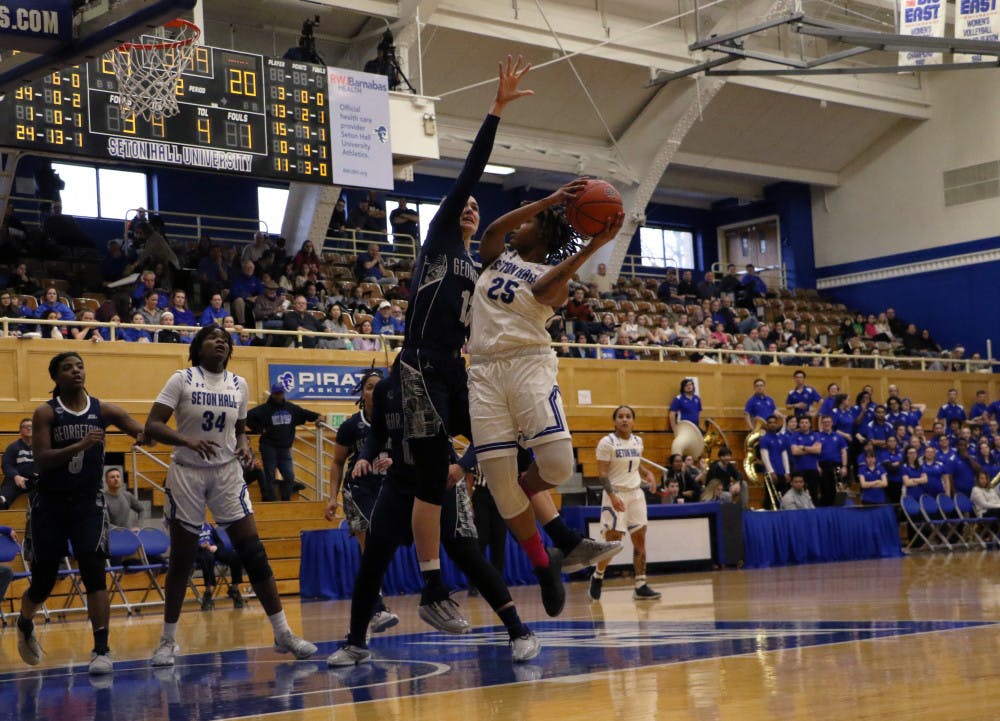The College of Nursing has recently enhanced its teaching techniques with advanced technology.
The teaching approach is facilitated with medical simulation training, medical nursing videos, electronic medical records, digital textbooks and online classes.
"In the past decade, simulation has become an important way to enhance the learning of nursing students," associate professor Dr. Mary Scharf said. "As hospitals become more technologically advanced, students have fewer opportunities to practice their skills."
These approaches are helping nursing students to be leaders in the health care profession with the confidence and skill to minimize errors and maximize quality patient care, Scharf said.
In the medical simulation lab, students are able to have an interactive dialogue with each other as they use a diagnostic reasoning and decision process to arrive at therapeutic plans that integrate nursing and medicine. In addition, medical nursing videos provide the visual confidence as students are walked through procedures.
EMR provides the virtual opportunity to chart while practicing the use of nursing terminology.
"The Health Information Technology for Economic and Clinical Health Act will be enforced starting in January 2015 affecting Medicare reimbursements, so our students will be prepared to enter the workforce with the knowledge of EMR," director of the clinical nurse program Dr. Virginia Clerking said.
Digital books are providing students with independence due to the availability of their books on their electronic tablets, phones and laptops.
"Digital books have helped my learning," senior nursing student Martha Bello. "The search feature in the e-books allows for a quick and precise focus."
Students are able to create study guides for exams by copying and pasting the material from the book onto a Word document and highlight content by colors and importance.
Web-based classes are providing professionals with the independence to continuing their education at their pace.
"Web-based 'classroom' does change how one teaches, but my emphasis has been to translate into the online environment the same case-based discussions that I used in the on-campus classroom," associate professor Dr. Jane Cerruti Dellert said.
The educators for the College of Nursing are always looking for ways to improve and keep student engaged and motivated in the learning process, according to the director of the accelerated nursing program, Dr. Eileen Toughill.
"One thing I would like to see more of is the use of clickers to have classes be more interactive," Toughill said.
Director of the second degree nursing program Dr. Mary Ann Barra said that training nursing students with advanced technology will help them in the future.
"If nursing students begin their training using some of the advancement in nursing technology available, they will be more comfortable in adapting to the ever changing technological demands of the work environment," Barra said.
Samantha Singh can be reached at samantha.singh@student.shu.edu.





